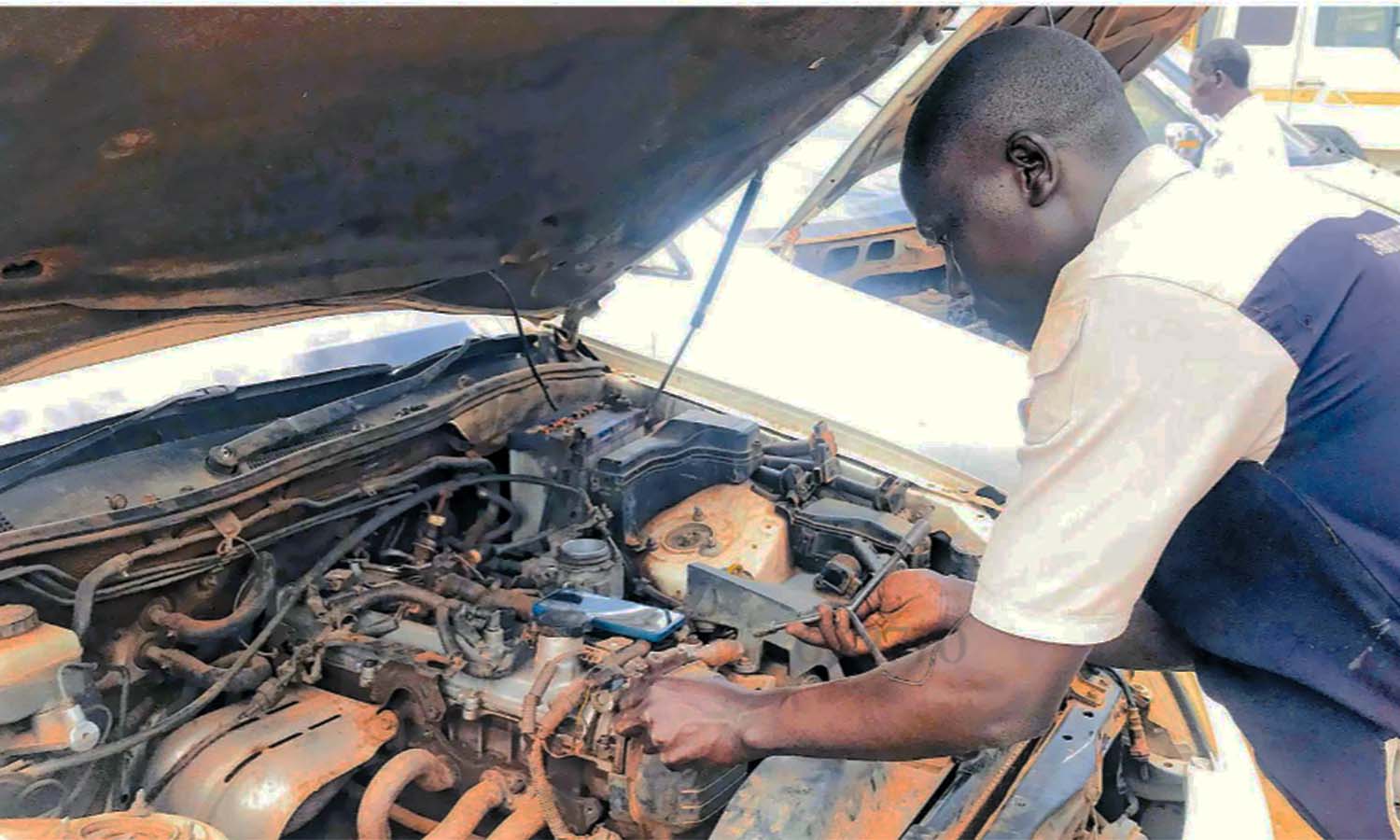Prime
Six months later, Tanzania yet to allow in Uganda sugar

Refused entry. Tanzania has refused to allow in Ugandan sugar into its market on claims that it is imported and later re-packaged and then re-exported. FILE PHOTO
What you need to know:
Denied entry. Tanzania has since last year denied Ugandan sugar entry to its market and slapped a levy of 25 per cent on the commodity.
Sugar and edible oil originating from Uganda remain locked out of Tanzania more than six months after a ministerial meeting held at the Mutukula border agreed to allow free movement of these products between the two countries.
This is one of the issues that will be up for discussion at a Tanzania-Uganda business forum to be launched in Dar es Salaam by Presidents Museveni and John Pombe Magufuli on September 4.
Uganda, which is trying to increase its exports to East Africa is looking to create a mutually beneficial relationship with Tanzania.
Currently, Uganda exports goods worth more than $60m to Tanzania.
However, newly appointed High Commissioner to Tanzania Richard Kaboneero, hopes this state of affairs will change once the two countries realise that working together is mutually beneficial.
According to Mr Kaboneero, there is need to foster a mutually beneficial relationship through the business forums and discussion of key bottlenecks to trade such as tariffs.
Tariffs such as the 25 per cent levy that Tanzania charges on sugar and edible oil will form a bigger part of the discussion in different meetings.
For much of last year, sugar and edible oil extracted from sunflower had been stopped from entering Tanzania, over allegations that these products were imported into Uganda, repackaged and then re-exported to markets in the EAC.
A visit by Tanzanian officials to Ugandan factories producing sugar and edible oils found that the allegations were false.
A bilateral meeting between Trade ministers Amelia Kyambadde and Joseph Kakunda of Tanzania was held during which they agreed to remove tariffs on edible oil and sugar.
The ministers then agreed to issue import permits for sugar and edible oil. But it is yet to be implemented, with some Ugandan officials who participated in the negotiations suggesting they are helpless, as they do not know what else to do to get Tanzania to fulfil its promises.
“When someone says they will do something and they don’t, what do you do?” the Commissioner for External Trade in Uganda Emmanuel Mutahunga, wondered.
However, Mr Kaboneero said together ith his counterpart from Tanzania, they had come up with a private sector-led business forum that will focus on investment and sustainable development.
The forum is scheduled for September 4-5 and according to Mr Kaboneero will seek to resolve issues such as the ones facing sugar and edible oil business in the EAC.
Also up for discussion will be how Tanzania benefits from a partnership with Uganda.
According to the Tanzania’s High Commissioner to Uganda Aziz Ponary Mlima, Tanzania expects that soon, Uganda’s use of the Central Corridor will increase as a result of the partnership.
Tanzania, he says, has already reduced the number of roadblocks in its territory from 21 to three, which should translate into lesser time spent on moving cargo as well as reducing the goods clearing charges.
“Buinesses using the Central Corridor up to Kampala could save up to 40 per cent in costs compared with those using the Northern Corridor,” said Mr Mlima, noting that Uganda’s insistence that the cost of clearing goods through Dar es Salaam is higher stems from the fact that Tanzania itemises its charges, unlike at the Mombasa port where charges have been consolidated into one.
This claim was, however, difficult to confirm, as several clearing and forwarding agents said they still prefer using the Northern Corridor.
Central corridor
According to Mr Tom Byarugaba, the managing director of Lotusvilla Express, a clearing agent and freight forwarders company, his clients are not using the Central Corridor “but if it is true that we can save up to 40 per cent, we shall definitely transfer our business to Dar es Salaam port.”
According to Mr Tom Byarugaba, the managing director of Lotusvilla Express, a clearing agent and freight forwarders company, his clients are not using the Central Corridor “but if it is true that we can save up to 40 per cent, we shall definitely transfer our business to Dar es Salaam port.” Whereas there has been talk that the Central Corridor costs less, a document from Uganda’s Ministry of Trade, Industry and Co-operatives, however, shows that it costs a clearing agent $1,570 to operate at Mombasa port, while at Dar es Salaam port the cost is higher at $2,900.




